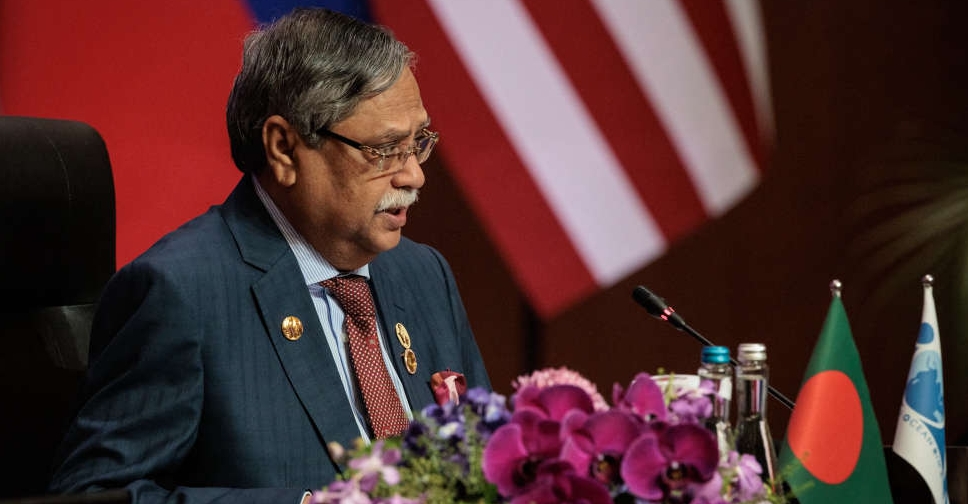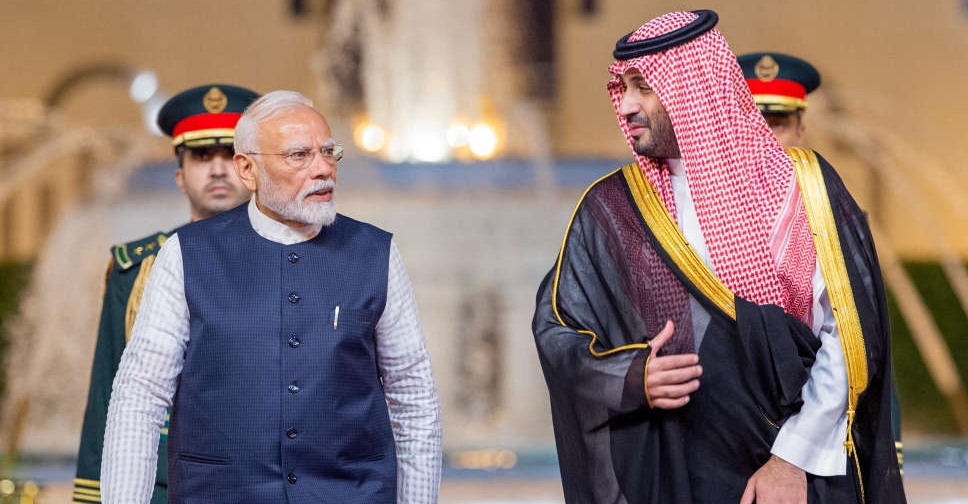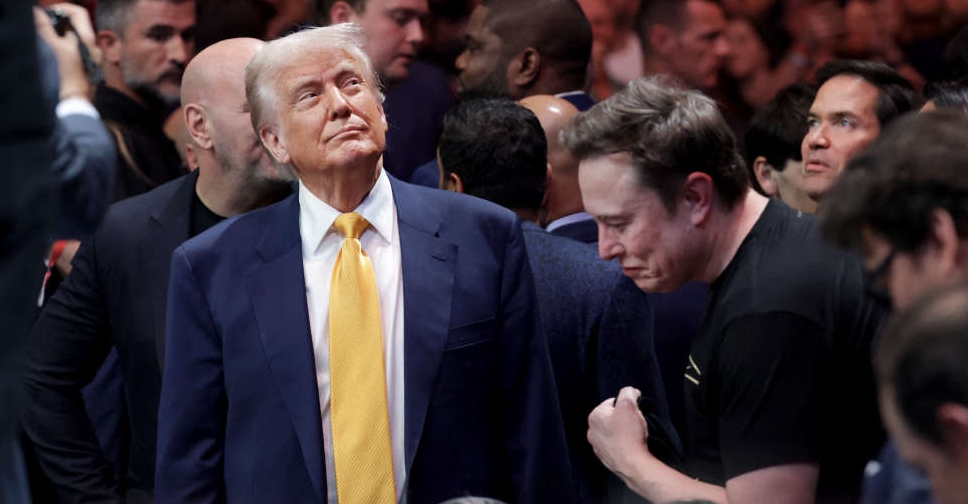
Want to become a developed economy? Spend more on health and education, finance it with taxes and publish as much data as possible. French economist Thomas Piketty doled out that unsolicited advice to Prime Minister Narendra Modi in a recent string of appearances throughout India that triggered both push-back and praise in Asia’s third-largest economy. India’s tax receipts as a share of its economy need to double to about 20 percent in the next decade, he said. There’s no question that India needs to raise revenue: It now takes in less cash than other major emerging markets as a percentage of gross domestic product, leading to one of Asia’s biggest budget deficits. Yet ramping that ratio up quickly would require Modi to make tough political choices in the Feb. 29 budget, such as removing an income tax exemption for farmers - an unlikely prospect ahead of key state elections. “There is no silver bullet which they can announce in the budget,” Anubhuti Sahay, an economist with Standard Chartered Plc in Mumbai, said when asked about expanding the tax base. Steps like taxing well-off farmers “would become a very politically sensitive subject to touch, especially at this particular moment when rural distress is so high.” Piketty, who gained global fame for his book “Capital in the Twenty-First Century” on wealth and income inequalities in Europe and the U.S., joins the International Monetary Fund and other prominent Indian economists in calling on the nation to raise tax revenues. While the World Bank put India’s tax receipts as a percentage of GDP at about 11 percent in 2012 - similar to rates in the U.S. and China - incomes taxes are a particular concern. About 3.3 percent of India’s 1.2 billion population pays income taxes, compared with 46 percent in the U.S. and 75 percent in New Zealand, according to a 2014 Finance Ministry report that recommended doubling the ratio. Only 42,800 people declared a taxable income of more than 10 million rupees ($147,451) - roughly the number of millionaires present in New York City alone - lawmakers were told in 2013. “The Indian elites have to accept at some point that they have to pay more tax to finance a more inclusive and sustainable development model,” Piketty said during a literature festival in the city of Jaipur last month. He also urged India to release income tax statistics that it stopped publishing 15 years ago, joining the ranks of less democratic nations such as China. Arvind Subramanian, the Finance Ministry’s chief economic adviser who sparred with Piketty on stage in Jaipur and subsequently on TV, pledged to release the missing data within a year. Still, he called parts of Piketty’s book “mildly irritating.” “There’s no question that Thomas’s book gives weight to what I would call the redistribution agenda over the growth agenda,” Subramanian said in Jaipur. “I’m not sure I’m willing to buy into that at this point of time.” Modi’s government has sought to shift spending to infrastructure from subsidies in previous budgets. The increases for health in the current budget fell short of the inflation rate while the amount earmarked for education fell. While Modi has made progress in narrowing India’s fiscal gap, he’s deviated from the previous government’s reduction roadmap. Economists surveyed by Bloomberg expect him to shoot for a deficit of 3.6 percent of GDP in the year through March 2017, compared with the current target of 3.5 percent. The rupee, sovereign bonds and stocks posted their steepest January losses since 2011 as concern mounts about fiscal slippage. A proposed $15 billion pay raise for civil servants and a commitment to keep spending on roads, ports and bridges will make it difficult to cut expenditure in the upcoming budget. “If you compare India with other emerging markets, the reason why we have a higher deficit is not because we spend more but because we collect less revenue,” said Sonal Varma, an economist at Nomura Holdings Inc. in Mumbai. “So the revenue side is actually very, very crucial for a sustainable reduction in the deficit because there is only so much spending cut you will be able to do.” The government mostly relies on one-off measures to plug budget holes now, such as asset sales, dividend windfalls, or spectrum auctions. Options to raise revenue include increasing the services tax rate, eliminating exemptions and implementing a long-delayed goods-and-services tax designed to increase compliance across India’s 29 states. Beyond that, a widespread underground economy and byzantine regulations are keeping scores of companies and individuals out of the tax net, limiting India’s policy choices at a time when it’s trying strengthen an uneven growth. Indians illegally stashed the most money abroad in 2011 after China and Russia, according to a report by Global Financial Integrity. There’s little sign of progress on the tax front. The government’s efforts to go after so-called “black money” have brought in a pittance. Finance Minister Arun Jaitley has said he’s “a great supporter of the informal sector” - because it creates jobs - in dismissing moves to expand the income-tax net to include farmers. Critics of Piketty say he conveniently excluded India’s states in the tax-to-GDP ratio he cites, and that stepping up public spending on health and education doesn’t necessarily yield desired outcomes. Subramanian says Piketty’s conclusion - that the economy needs to grow faster than the return on capital to curb inequality - doesn’t apply to fast-expanding India. Indian readers will get to decide for themselves. The Hindi version of Piketty’s book was released last month, joining copies in more than 30 global languages.




 Japan compiles emergency economic package to ease tariff pain
Japan compiles emergency economic package to ease tariff pain
 Bangladesh, World Bank sign $850 million deal to boost jobs, trade
Bangladesh, World Bank sign $850 million deal to boost jobs, trade
 Saudi Arabia, India agree to boost cooperation in energy and defence
Saudi Arabia, India agree to boost cooperation in energy and defence
 Musk, facing criticism and falling Tesla sales, to cut back DOGE work
Musk, facing criticism and falling Tesla sales, to cut back DOGE work


